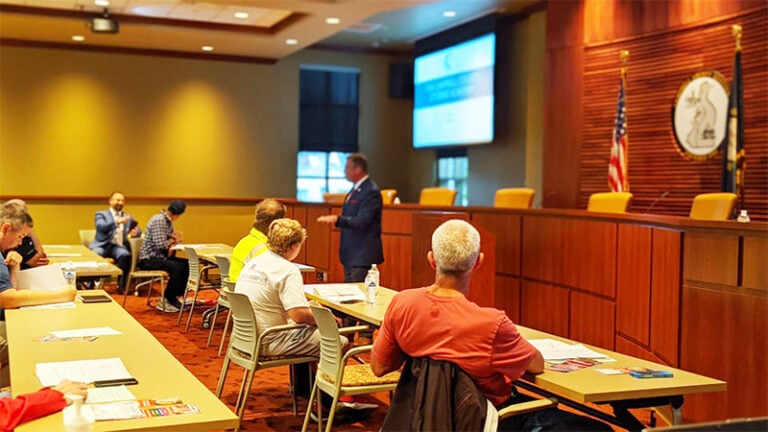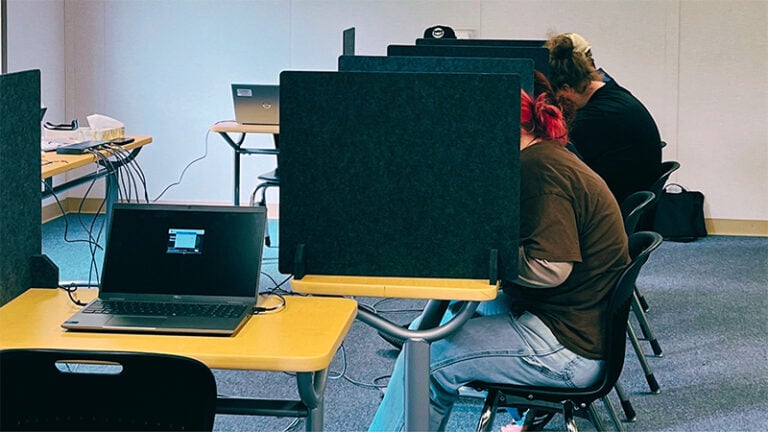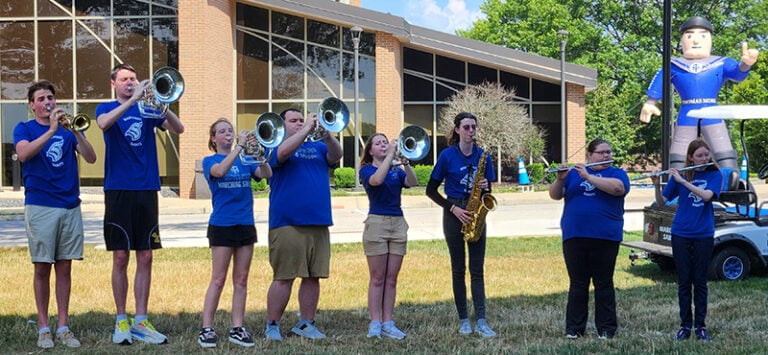By Nadia Ramlagan
Public News Service
Kentucky’s child-care crisis could get worse when federal assistance for child-care centers runs out, and that could increase barriers for survivors of intimate-partner violence. Federal data shows that when adjusted for inflation, families nationwide are paying between $5,000 and $17,000 per year per child for child care.
Meg Savage, chief legal officer with the advocacy group ZeroV, said child care ranks as a top factor in survivors’ decisions to leave an abusive relationship. She noted that survivors typically cannot obtain employment and move into a safe situation unless they have reliable child care.

“And so they may be moving away from whatever support system they have for child care. Once you are working, then obviously you are concerned that children who need child care are going to be in a safe and wholesome environment while you’re at work,” she explained.
A 2021 needs assessment found 35% of survivors identified it as a basic need, with affordability and operating schedules being the biggest barriers.
Crystal, whose last name has been withheld for this story at her request, is a Jessamine County resident and survivor. She said she cannot find affordable child care for her son, making finding employment difficult.
“There’s so little options for a single mother, especially one who’s been through a lot,” she said. “There’s trust issues involved with certain things, too. It’s hard to trust anybody when you have severe PTSD from things you’ve been through.”
According to the Kentucky Center for Economic Policy, since 2020 Kentucky’s child-care industry received around $1-billion in federal funding – preventing half of the state’s centers from shutting their doors. But Savage said that money is expected to run out within a year and added that means child-care costs for families will significantly increase.
“If we can’t find a way to step up to the plate and help out child-care providers and help out the Kentucky families that are dependent on child-care assistance,” she explained, “then we’re really going to be looking at moving backwards very quickly.”
A recent report from the Annie E. Casey Foundation found that between 2020 and 2021, 12% of Kentucky children younger than six live in families in which someone quit, changed, or refused a job because of problems with child care.

















